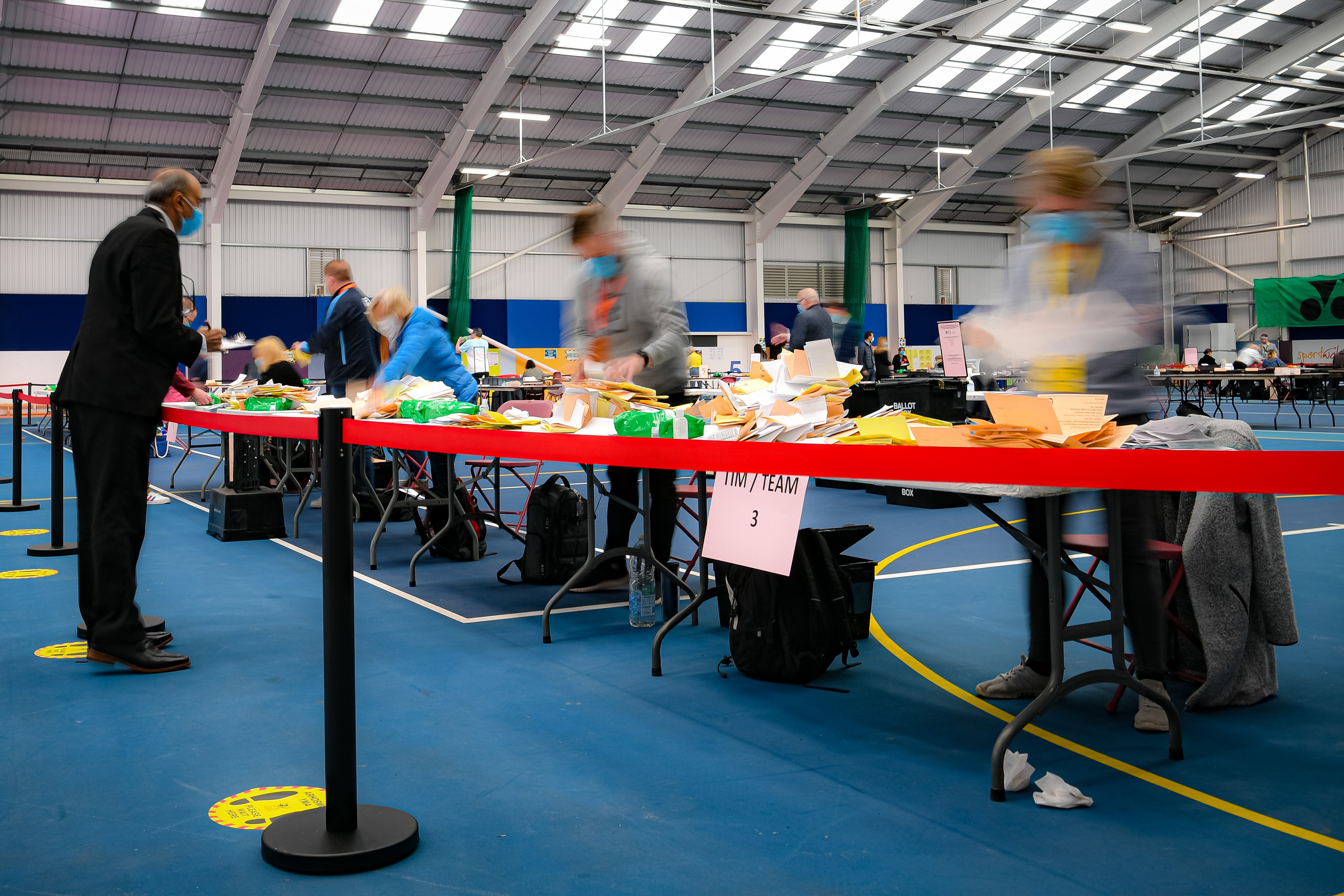Tory losses in Wales as Labour regain ground
The Conservative Party fear losing their only majority-controlled council, Monmouthshire, as Labour wrestle Blaenau Gwent back.

Your support helps us to tell the story
From reproductive rights to climate change to Big Tech, The Independent is on the ground when the story is developing. Whether it's investigating the financials of Elon Musk's pro-Trump PAC or producing our latest documentary, 'The A Word', which shines a light on the American women fighting for reproductive rights, we know how important it is to parse out the facts from the messaging.
At such a critical moment in US history, we need reporters on the ground. Your donation allows us to keep sending journalists to speak to both sides of the story.
The Independent is trusted by Americans across the entire political spectrum. And unlike many other quality news outlets, we choose not to lock Americans out of our reporting and analysis with paywalls. We believe quality journalism should be available to everyone, paid for by those who can afford it.
Your support makes all the difference.The Conservatives are facing huge losses in Wales as the results from the local council elections continue to roll in.
In Monmouthshire, the only council the party controls, they are expected to concede seats to Labour, potentially losing their majority.
And the party is facing pressure in Denbighshire, which has seen a big swing to Labour and independent candidates, and Vale of Glamorgan, another Tory stronghold.
All four sitting Conservative councillors in Torfaen have also been ousted.
Meanwhile, Labour wrestled back control of Blaenau Gwent from the independents, also retaining Caerphilly and Newport, although Caerphilly council leader, Labour’s Philippa Marsden, lost her seat by a large margin.
Three other council leaders have lost their seats – independents Merthyr Tydfil leader Kevin O’Neill and Blaenau Gwent leader Nigel Daniels, and Carmarthenshire Council’s Plaid Cymru leader Emlyn Dole.
Labour are looking to maintain their majorities in Swansea, Cardiff and other key seats and appear positive about their chances across the country.
Plaid Cymru, Wales’ nationalist party, has held on to Gwynedd, and Wrexham has remained under no overall control.
All 22 councils in Wales are up for election this year.
Boundary changes mean there are now 1,160 seats up for grabs.